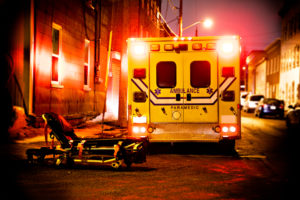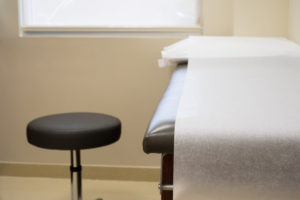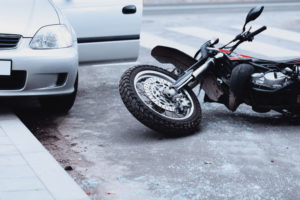July 28, 2010
An investigation that found extremely high levels of bisphenol A (BPA) on paper used for sales register receipts has revealed a hidden danger for consumers, but sales cashiers are at even greater risk of exposure.
BPA is an industrial chemical used to make a hard, clear plastic known as polycarbonate used in a vast array of consumer products including water bottles and baby bottles. The food industry uses an epoxy resin containing BPA as a liner inside metal canned food cans. Paper manufacturers also use BPA as a coating on thermal paper, such as paper used for sales register receipts.
Researchers now believe that BPA interferes with the endocrine and reproductive systems, and causes cancer. The U.S. Food and Drug Administration (FDA) is supporting reasonable steps to reduce human exposure to BPA while the agency reviews studies on its health effects.
There has been public outcry to ban BPA in food containers such as baby bottles and canned foods.
Science News reports that last year, green chemist John Warner argued that his data suggested store receipts could be a — if not the — leading source of BPA exposure in Americans.
The Environmental Working Group (EWG) initiated the BPA receipt investigation, gathering receipts from a variety of retail and service businesses across seven states and the District of Columbia, then commissioned testing by the University of Missouri Division of Biological Sciences laboratory, one of the world’s foremost research facilities in its capability to detect environmentally relevant amounts of BPA.
Laboratory tests found high concentrations of BPA in at least one of several samples from Chevron, McDonalds, CVS, KFC, Whole Foods, Safeway, the U.S. Postal Service, Walmart and the U.S. House of Representatives cafeteria. 40% of receipt samples contained BPA, some at 250 to 1,000 times the level of BPA found in the controversial canned foods, and that the chemical rubs off during contact with the paper. Testing showed no BPA in receipt samples from Target, Starbucks, Bank of America ATMs and the U.S. Senate cafeteria.
“We’ve come across potentially major sources of BPA right here in our daily lives,” Sonya Lunder, senior analyst at EWG, told The Washington Post. “When you’re carrying around a receipt in your wallet for months while you intend to return something, you could be shedding BPA into your home, into your environment. If you throw a receipt into a bag of food, and it’s lying there against an apple, or you shove a receipt into your bag next to a baby pacifier, you could be getting all kinds of exposure and not realize it.”
Dermal exposure happens when BPA is absorbed through the skin after contact with a receipt. People may also encounter BPA when the receipt contacts food or a person touches food or their mouth with BPA on their hands from handling a receipt.
While consumers may be at risk every time they make a purchase, sales cashiers who handle BPA containing register receipts as part of their work activity are at even greater risk. Occupational Employment Statistics by the U.S. Department of Labor show that cashiers and retail salespersons are were the two largest occupations in May 2009, representing 1 out of every 17 jobs.
“A typical employee at any large retailer who runs the register could handle hundreds of the contaminated receipts in a single day at work,” said Jane Houlihan, EWG Senior Vice-President for Research in a release. “While we do not know exactly what this means for people’s health, it’s just one more path of exposure to this chemical that seems to bombard every single person.”
The EWG recommends the following tips to reduce exposures to BPA in receipts:
- Minimize receipt collection by declining receipts at gas pumps, ATMs and other machines when possible.
- Store receipts separately in an envelope in a wallet or purse.
- Never give a child a receipt to hold or play with.
- After handling a receipt, wash hands before preparing and eating food (a universally recommended practice even for those who have not handled receipts).
- Do not use alcohol-based hand cleaners after handling receipts. A recent study showed that these products can increase the skin’s BPA absorption (Biedermann 2010).
- Take advantage of store services that email or archive paperless purchase records.
- Do not recycle receipts and other thermal paper. BPA residues from receipts will contaminate recycled paper.
- If you are unsure, check whether paper is thermally treated by rubbing it with a coin. Thermal paper discolors with the friction; conventional paper does not.
The Environmental Working Group is a non-profit research group whose goal it is to prevent human exposure to toxic contaminants and influence government policies to promote conservation and sustainable development.

The Legal Examiner and our Affiliate Network strive to be the place you look to for news, context, and more, wherever your life intersects with the law.













Comments for this article are closed.